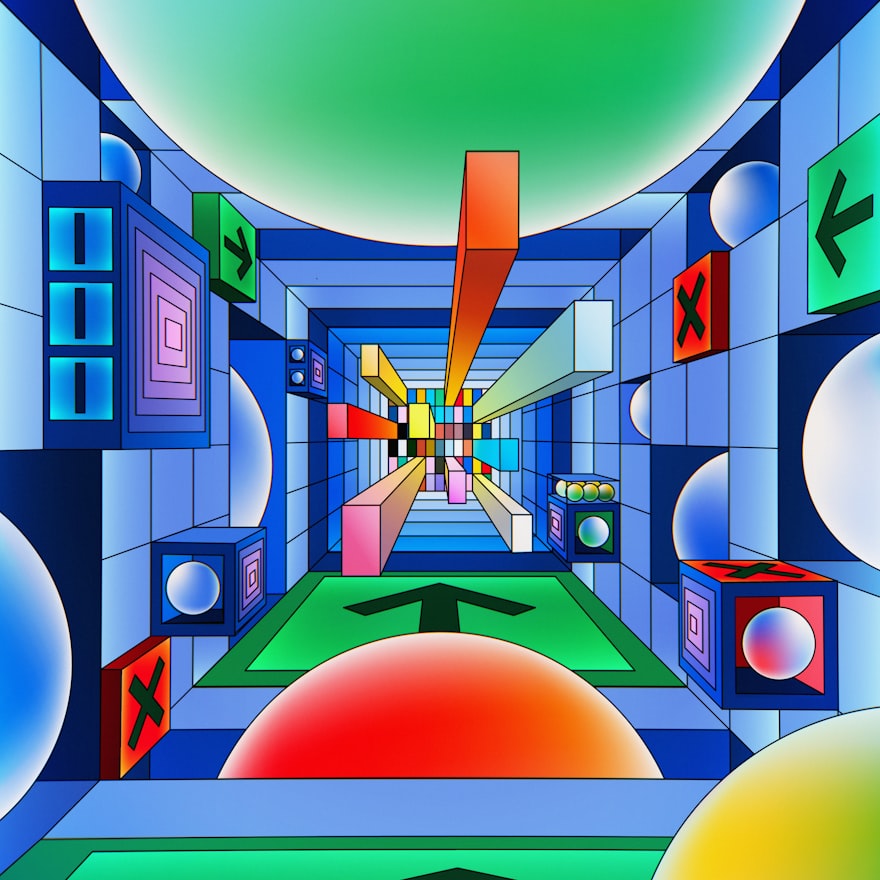Sense-making Session

Today was a “sense-making” session in LYT. We were given 5 terms with definitions and then given time to write about them. If stuck, there were 3 prompts to get us thinking:
- What does this remind me of?
- What is this similar to, and different from?
- When have I experienced this thing in my life?
The following is what I wrote during the session.
Wu wei: a concept literally meaning “inexertion, inaction, or effortless action". Alan Watts called wu wei “not forcing”. It is “the art of sailing, rather than the art of rowing”.
"inexertion, inaction" sounds like being lazy. But "effortless action" is contradictory to that. It's doing something without it feeling like work. Like a habit. It's automatic. It would take more willpower or discomfort to not do the habit. Like how skipping brushing teeth before bed would feel weird. Or taking a new route to work would require more focus and less likely to zone out. But sailing isn't a habit. It's about going with the flow. In productivity, it would be about being so in tune with your desires and goals, that you know exactly where to go, without steps that cause overwhelm. Smooth sailing.
Friendship: a relationship of mutual affection between people. Characteristics of friendship can include: choosing to be with one another, enjoying time spent together, and being able to engage in a positive and supportive role to one another.
"mutual affection". How much of social media relationships or facebook friendships lack a mutual affection? These are more like acquaintances. And these aren't always 2-way. It's easier than ever to follow someone and get to know them from what they post, without them ever noticing you. It creates an unequal dynamic. I've heard youtubers talk about how when they meet their fans, the fans treat them like good buddies that they've known for a long time (because they've been consuming the creator's content). This is off-putting because the creator has no idea about them, their personalities, etc. and so can't authentically reciprocate the buddy-buddy feelings.
Future-proof: the process of anticipating the future and developing methods of minimizing the effects of shocks and stresses of future events.
Really heard this term the most from Nick Milo. He claims Obsidian is future-proof because it uses markdown files, which are plain text files that computers will be able to read long into the future. Markdown is a standard in article publishing and dev documentation. But one of my clients was skeptical. Opening a markdown file in a plain-text editor will appear messy with all the syntax. The idea of future-proof is that there will be other apps that support reading these markdown files. But even if not, you still have the plain-text with markdown syntax as a backup. Can still search within these files, and develop your own apps to parse it so it's more readable. However, Obsidian uses [[wikilinks]]. I had never seen this before Roam. While it seems to be becoming more common, that doesn't mean it's here to stay. There is no guarantee that a better syntax for linking will be developed. Worst-case scenario, you're stuck with all your Obsidian .md files, and every time you see a wikilink, you have to search the filesystem for the file with the same name. I don't think that's likely. But I don't know how future-proof this is. In fact, due to the nature of the future being unknown, there's no way to be certain something is future-proof. (What's the name of the concept where things that have lasted a long time already are more likely to survive even longer?)